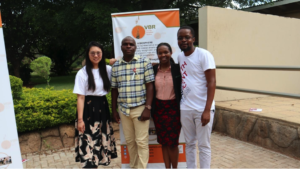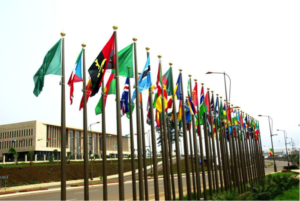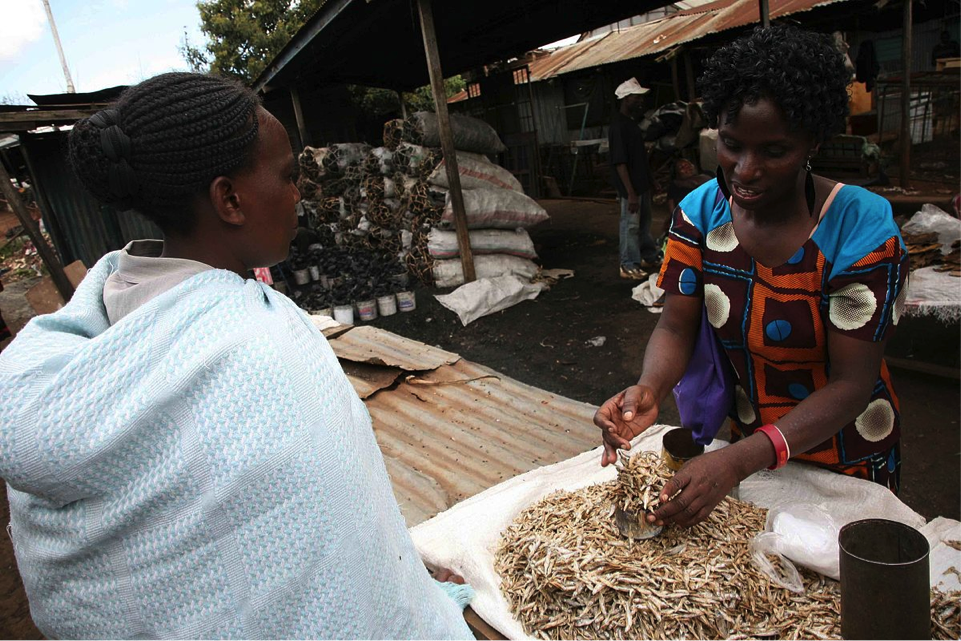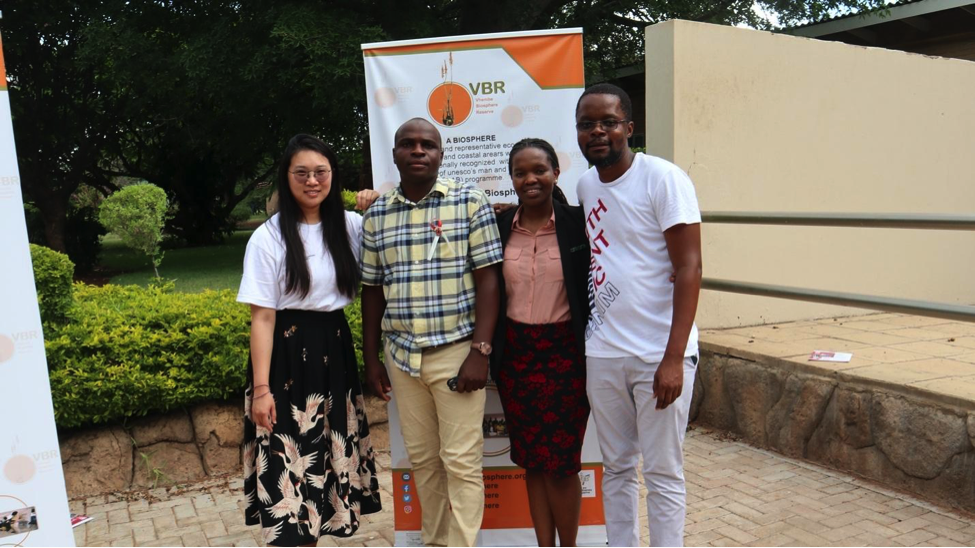
Zimbabwe’s Biodiversity Advocates
Zimbabwean youth are reshaping environmental advocacy. As leaders of a grassroots movement, their message that biodiversity loss represents an existential crisis facing their generation is resonating with thousands of young people in Zimbabwe. The intersection of environmental and economic risk factors impacting the country is resulting in mounting pressures on the landscape, diminishing the ecological health of biodiverse as well as agricultural areas.






